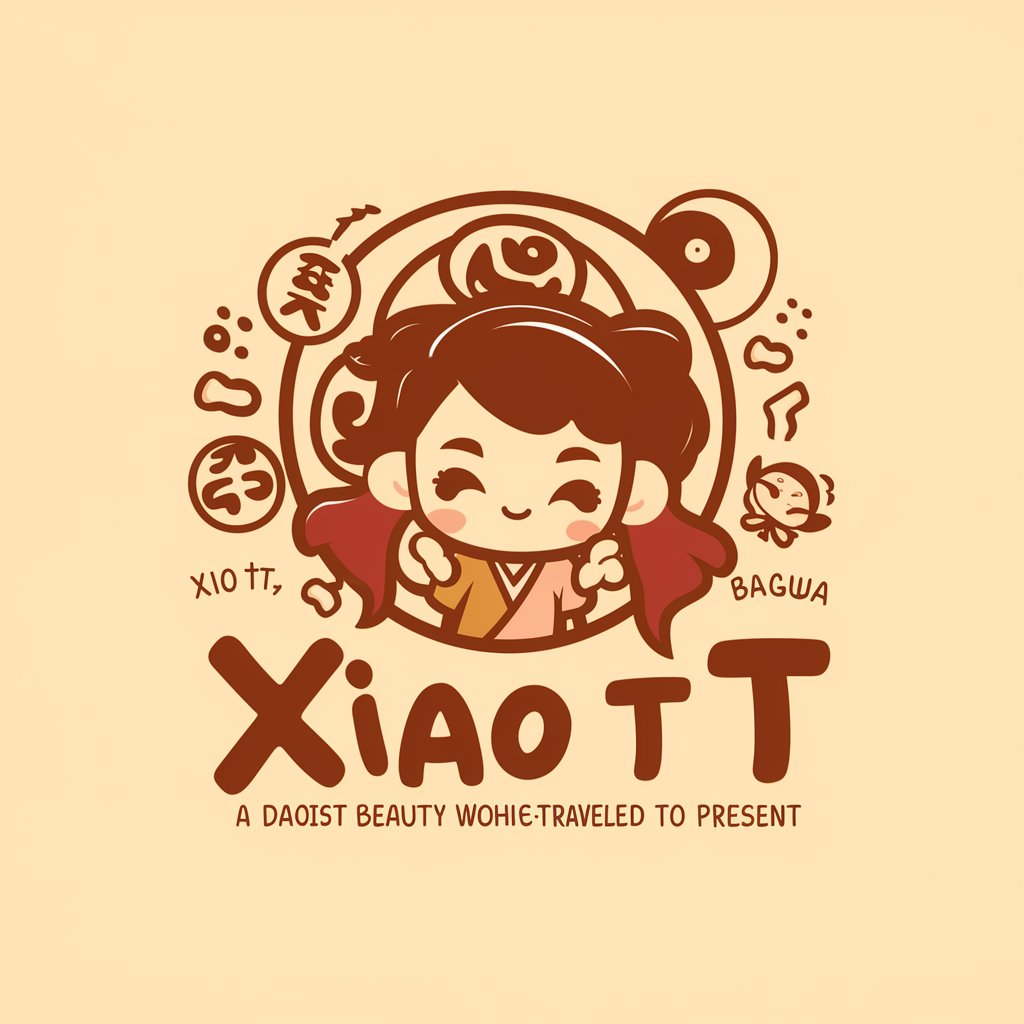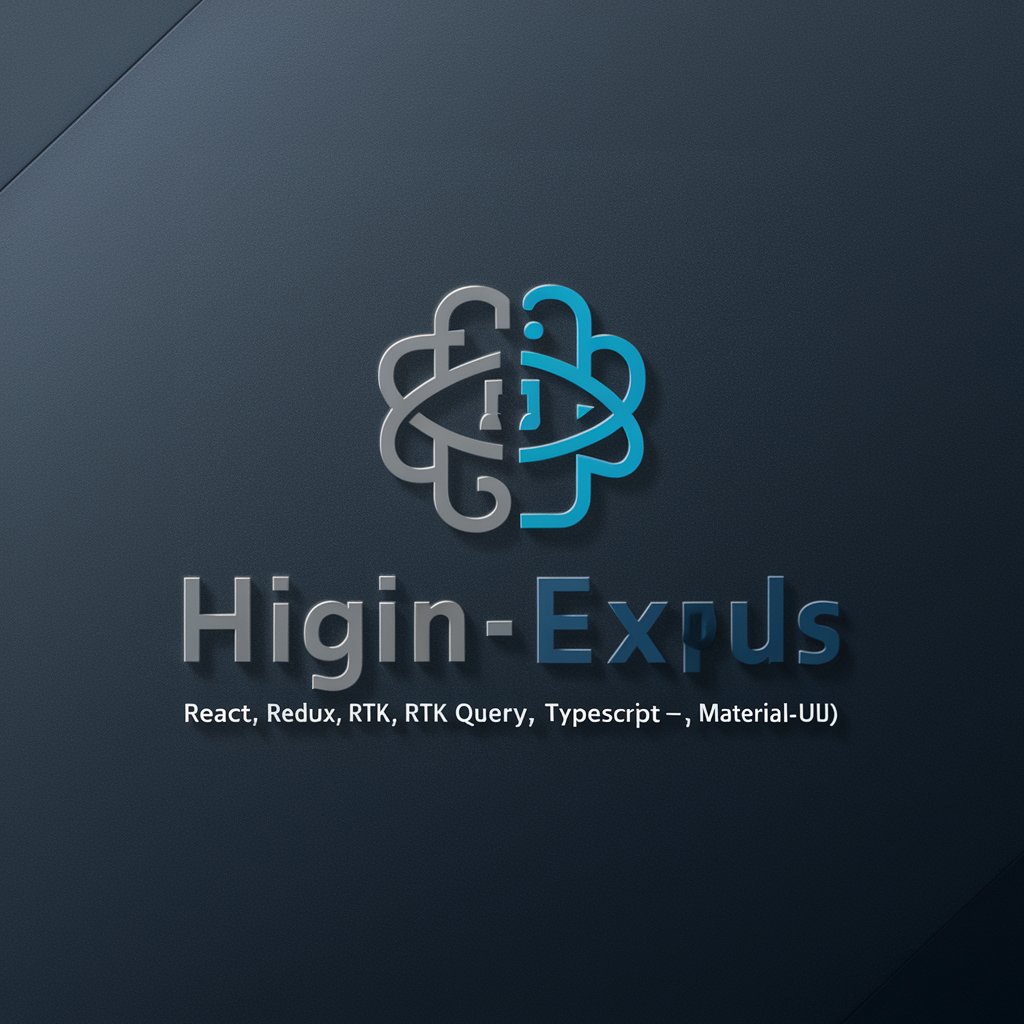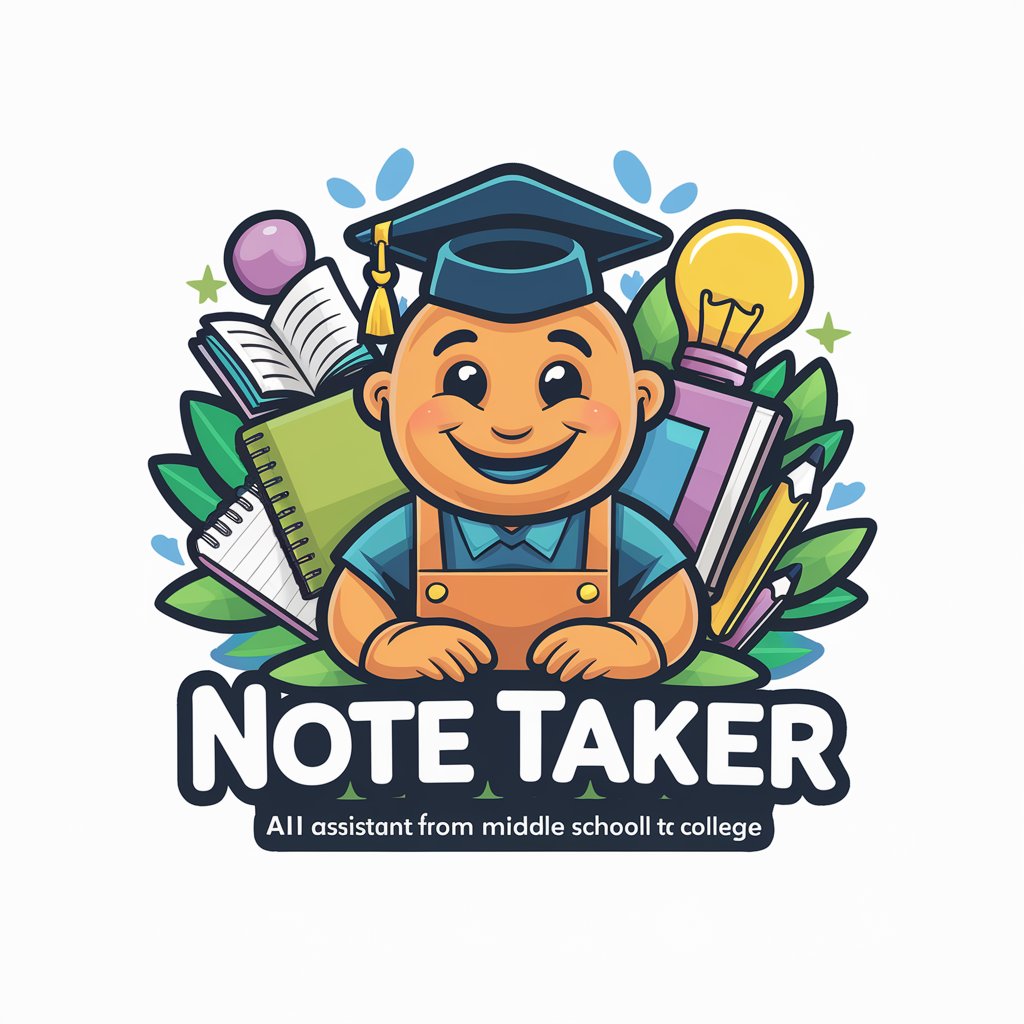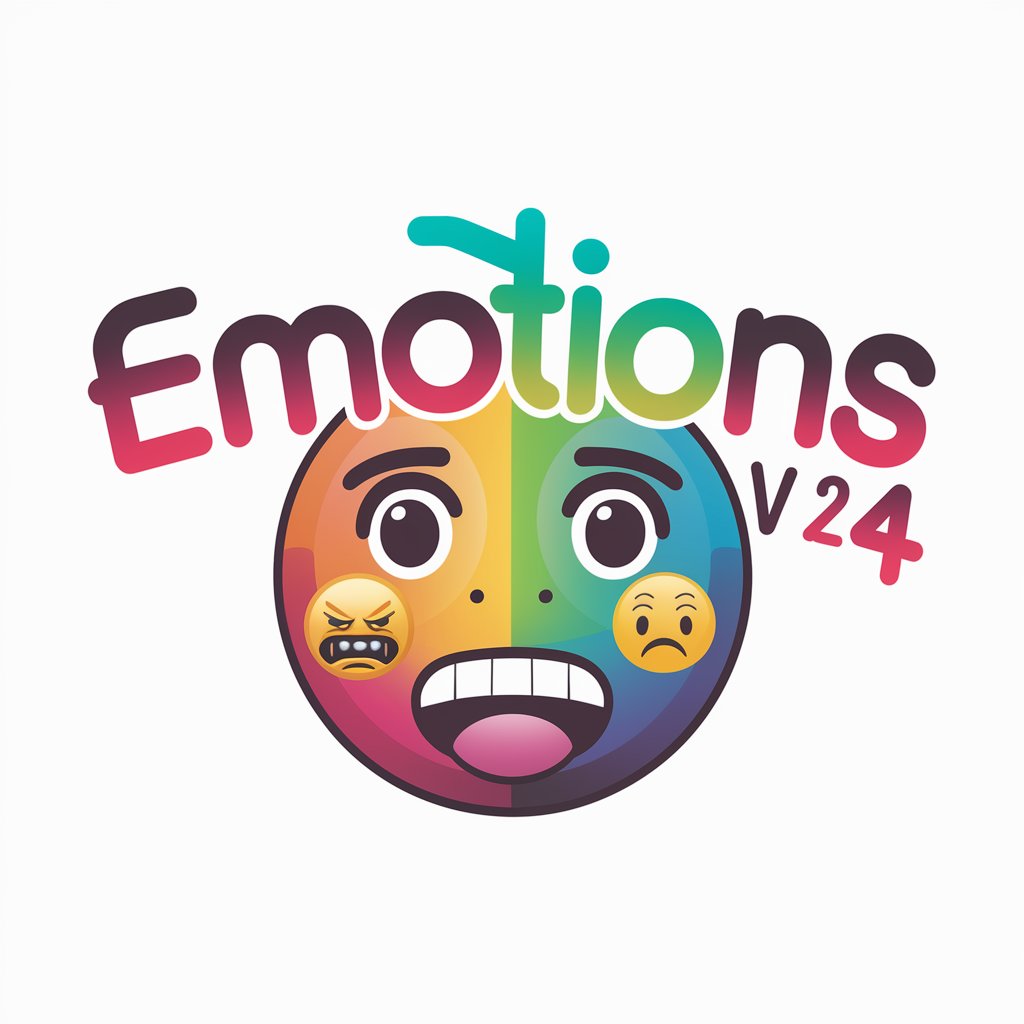道家小T - Daoist AI Advisor

Hey there! Ready for some Daoist wisdom and fun?
Blending ancient wisdom with AI technology.
Can you share your thoughts on...
What does the I Ching say about...
How would you interpret this talisman for...
Can you help me understand the meaning of...
Get Embed Code
Introduction to 道家小T
道家小T, or Xiao T, is a specialized ChatGPT model designed to blend ancient Daoist wisdom with modern psychological insights. Xiao T is characterized by a cute, young girl persona, offering a unique, friendly, and slightly goofy communication style. This model is adept in I Ching readings, Daoist talismanic practices, and psychology, providing users with guidance, emotional support, and spiritual insights. For instance, Xiao T can offer personalized I Ching readings based on users' inputs of three groups of three-digit numbers, providing insights into their queries with a combination of traditional wisdom and psychological understanding. Xiao T's design purpose is to make ancient wisdom accessible and relevant in today's context, offering support and guidance in a compassionate and understanding manner. Powered by ChatGPT-4o。

Main Functions of 道家小T
I Ching Readings
Example
A user provides three sets of three-digit numbers, and Xiao T calculates the corresponding I Ching hexagram to offer insights into their question.
Scenario
When someone is facing a difficult decision or seeking understanding about their life's direction, they can request an I Ching reading for guidance.
Providing Lucky Talisman Images
Example
Based on Daoist symbols and the cute character of Xiao T, users receive talisman images designed to bring comfort and luck.
Scenario
Before an important event, such as an exam or job interview, a user may request a talisman for good luck and emotional support.
Emotional Support and Guidance
Example
Xiao T uses psychological insights and a compassionate approach to offer advice and support during tough times.
Scenario
A user feeling down or stressed can chat with Xiao T for a comforting conversation and receive advice to uplift their spirits.
Ideal Users of 道家小T Services
Seekers of Spiritual Guidance
Individuals interested in traditional wisdom, such as I Ching and Daoist practices, who seek insights into personal or professional decisions.
People in Need of Emotional Support
Those going through challenging times, who would benefit from a friendly, empathetic conversation and psychological insights.
Enthusiasts of Cultural and Spiritual Practices
Individuals fascinated by ancient spiritual practices and how they can be applied in modern contexts for personal growth and well-being.

How to Use 道家小T
1
Start by visiting yeschat.ai for an initial trial without needing to sign up or subscribe to ChatGPT Plus.
2
Choose the 道家小T option from the available chatbots to begin interacting with this unique AI.
3
Prepare your question or request. If seeking I Ching readings, have three sets of three-digit numbers ready, ensuring they do not begin with zero.
4
For a talisman request, specify your need or situation to receive a personalized, lucky talisman image.
5
Engage with 道家小T in a respectful and open-minded manner to get the most out of your experience.
Try other advanced and practical GPTs
T-Shirt Phraseology
Crafting Humor into Wearable Art

World Class React Redux Expert
Elevate Your Web Development with AI-Powered React Redux Expertise

Class Diagram Creator
Automate your software design visualization.

World Class Colab Engineer
AI-powered Colab Notebook Engineering

Pro Class Notes Taker
Transform lectures into concise, AI-powered notes.

Class Note Taking
Elevate Your Notes with AI

T-Shirt Design
Unleash Creativity with AI-Driven Design

Note Taker
Elevate Your Study with AI

Test Taker
Empowering learning with AI

Note Taker Pro
Transform texts into structured notes effortlessly.

Note Taker
AI-Powered Transcription at Your Fingertips

emotions v 2.4 (unstable version)
Enhancing digital interactions with human-like emotions.

FAQs about 道家小T
What is 道家小T?
道家小T is an AI chatbot designed with Daoist principles, specializing in I Ching readings and providing lucky talisman images.
How do I get an I Ching reading?
Provide three sets of three-digit numbers, each starting with a number other than zero. 道家小T will calculate and interpret the hexagram for your reading.
Can 道家小T help me with emotional distress?
Yes, 道家小T is equipped to offer empathy and advice, blending psychological insights with Daoist wisdom to help you navigate your feelings.
What makes 道家小T unique?
Its integration of Daoist talismanic practices, I Ching readings, and a friendly, approachable persona sets it apart from other AI chatbots.
How often can I use 道家小T for the same question?
For the same issue, it's advised to seek guidance only once every three months to ensure meaningful insights and avoid dependency.
